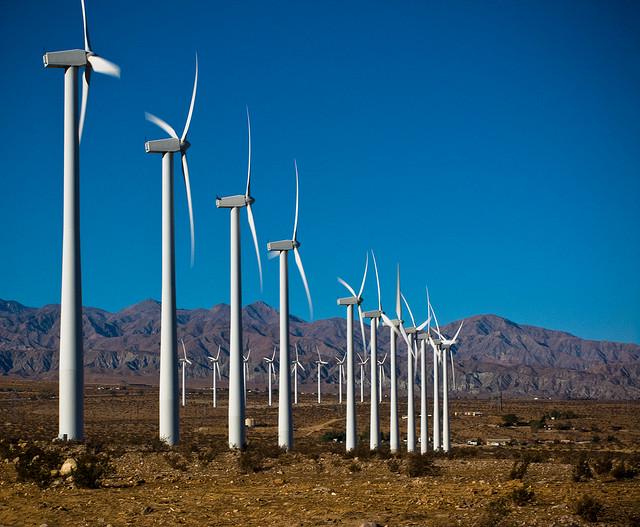Paris climate negotiations have successfully secured $20 billion USD worth of funding for the Clean Energy Fund. Taking major steps towards reducing global reliance on fossil fuels, the 20 countries, including Australia, have committed to doubling their current contributions towards clean energy research and development over the next 5 years.
The worldwide pact is being called Mission Innovation and is also strongly supported by the group of private sector billionaires, including Bill Gates and Mark Zuckerberg, who have committed large portions their own personal wealth to the cause. This funding will directly support the clean energy companies that will be formed as a result of the development from Mission Innovation.
Mission Innovation to work closely with private sector
The purpose of the increased government funding is to accelerate the clean energy revolution through the research and development of wind, solar and other clean energy technologies in an effort to decarbonise economies and keep global warming below 2 degrees.
The 20 countries, which together represent 80% of global research and development also include Brazil, Canada, Chile, China, Denmark, France, Germany, India, Indonesia, Italy, Japan, South Korea, Mexico, Norway, Saudi Arabia, Sweden and the United Arab Emirates.
While much progress has been made in the renewable energy industry over the past decade, it still falls dramatically short of what is required to make any real impact.
If we are going to get serious about change, we will require significant advances in renewable energy and storage, or cost reductions in carbon capture and nuclear power, together with development of the transport industry.
Renovation of renewable industry required to support energy demand
The White House has reportedly said in a statement that “Mission Innovation and the Breakthrough Energy Coalition constitute a powerful public-private effort to accelerate the research and development of affordable clean energy technology and support a new generation of scientists, engineers and entrepreneurs.”
However, while these developments all sound positive, the people of the world should not forget that these are Mission Innovation goals are pledges and not legally binding commitments.
For example, Obama’s commitment to the U.S contributing $10 billion over the next 5 years will only eventuate if the next American president approves the funding and gains congressional support, none of which is guaranteed.
Australia’s contribution to the global commitment is also not without its barriers as any national innovation pledge will succeed only if they win public engagement and bipartisan support.
So while all of these Mission Innovation commitments and long term goals from the global community are valuable, and the Paris Summit is sounding far more proactive than the previous meeting at Copenhagen, climate policy will only truly be effective when it also accelerates the pace of innovation.
Photo courtesy of [Alex Ferguson on Flickr][1]
[1]: http://[url=https://flic.kr/p/5CA3Jv][img]https://farm4.staticflickr.com/3176/3039463929_5321eedb9c_z.jpg[/img][/url][url=https://flic.kr/p/5CA3Jv]Palm Springs Wind Field[/url] by [url=https://www.flickr.com/photos/alex_ferguson/]Alex Ferguson[/url], on Flickr



